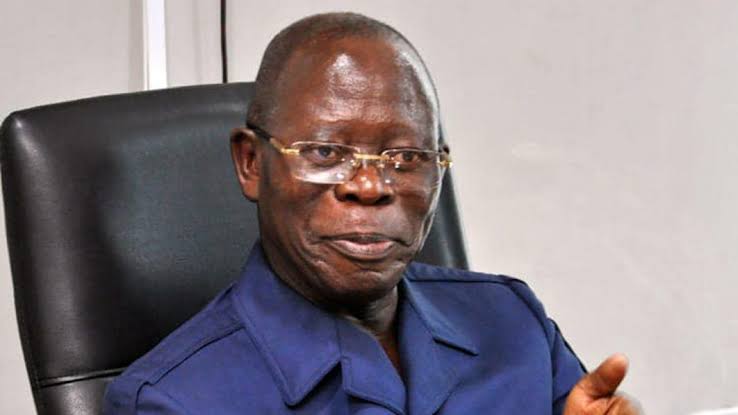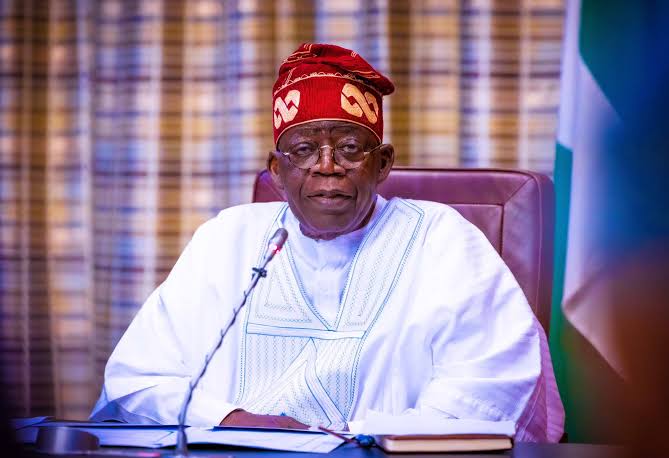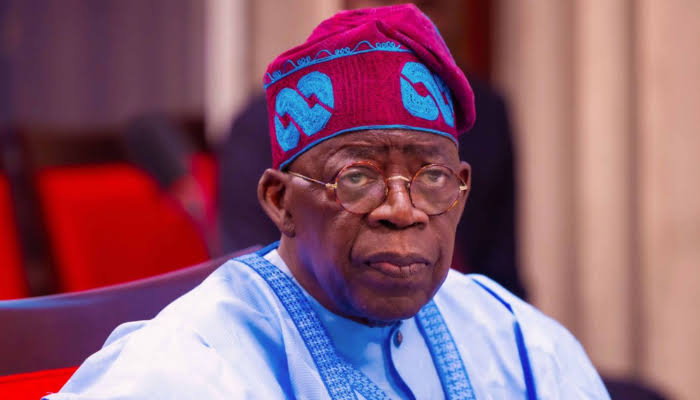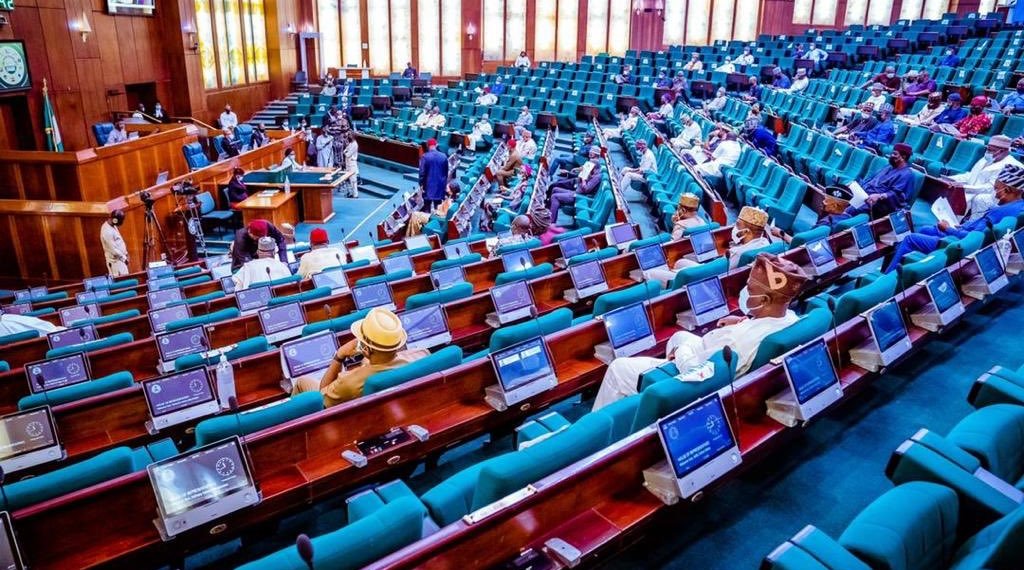Recall process gets tough in Kogi State
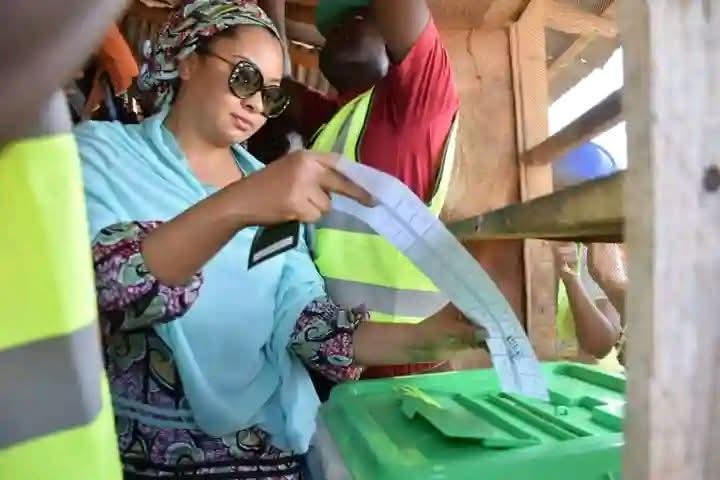
The recall process against Senator Natasha Akpoti-Uduaghan has taken an unexpected and controversial turn, sparking widespread debate over its legitimacy. In the 2023 Kogi Central Senatorial election, only 106,000 people cast their votes. Yet, in a shocking twist, reports claim that over 250,000 signatures have been gathered to recall the senator—more than twice the total voter turnout.
This glaring discrepancy has raised critical questions: Is this recall truly a reflection of the people's will, or is it a politically motivated maneuver?

Where Did the Extra Signatures Come From?
The recall campaign is being led by Charity Ijese Omole, the Senior Special Assistant on Youths and Women Mobilization to Kogi State Governor Ahmed Ododo. Omole asserts that the petition has amassed over 250,000 signatures from registered voters in Kogi Central. However, political analysts and opposition figures are questioning the numbers.
How did more people sign the recall petition than those who voted in the election?
Are these signatures from actual registered voters, or are they being manipulated?
Could this recall be a strategic move to suppress a senator known for challenging the political establishment?
A Political “Game” in Motion?
Omole’s cryptic social media post—“The game is the game”—has fueled suspicions that the recall process is being orchestrated for political gain rather than genuine public dissatisfaction. The phrase, often associated with calculated political moves, has left many wondering if this is an attempt to silence a strong opposition voice in Kogi Central.
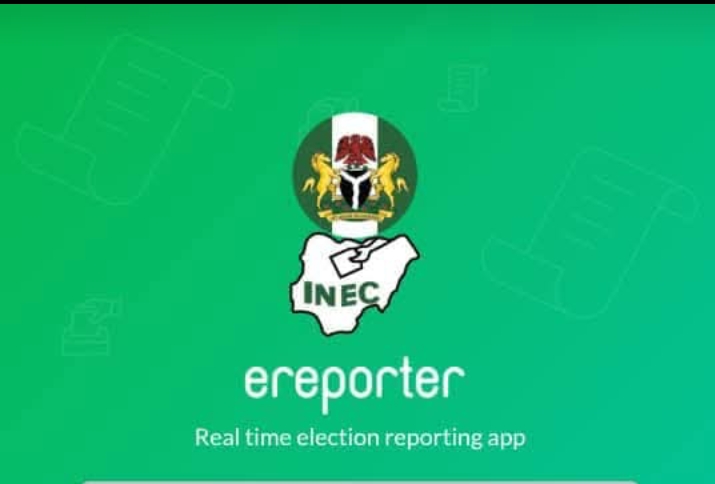
Will INEC Uphold Due Process?
Nigeria’s electoral laws require that a recall petition be signed by more than 50% of registered voters before the Independent National Electoral Commission (INEC) can verify the signatures and proceed with a referendum. Given the inconsistencies in the figures presented, many are calling on INEC to conduct a thorough audit to determine:
Are all 250,000 signatories legitimate, registered voters?
Were signatures obtained under coercion or misinformation?
Is the recall process being influenced by external political forces?
A Repeat of History?
This situation bears a striking resemblance to the failed 2018 recall attempt against Senator Dino Melaye, where INEC’s verification process exposed fraudulent signatures and irregularities, leading to the recall’s collapse. Could this be another politically motivated recall doomed to fail?
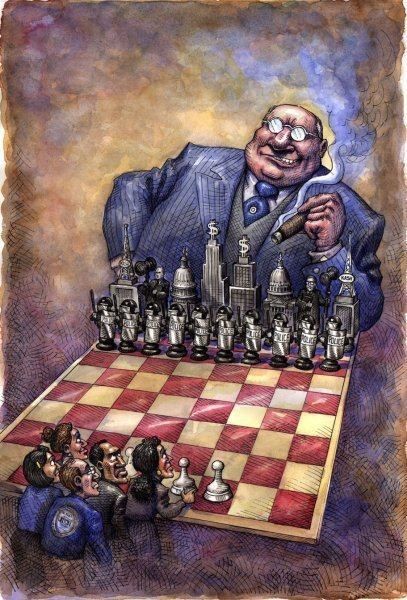
The Bigger Picture: Democracy or Political Chess?
The unfolding events in Kogi Central serve as a crucial test of Nigeria’s democratic integrity. Will this recall process uphold transparency and fairness, or will it be remembered as another example of political maneuvering?
One thing is certain—the game is being played. But the real question remains: Who is pulling the strings, and will the people's voice truly count?

